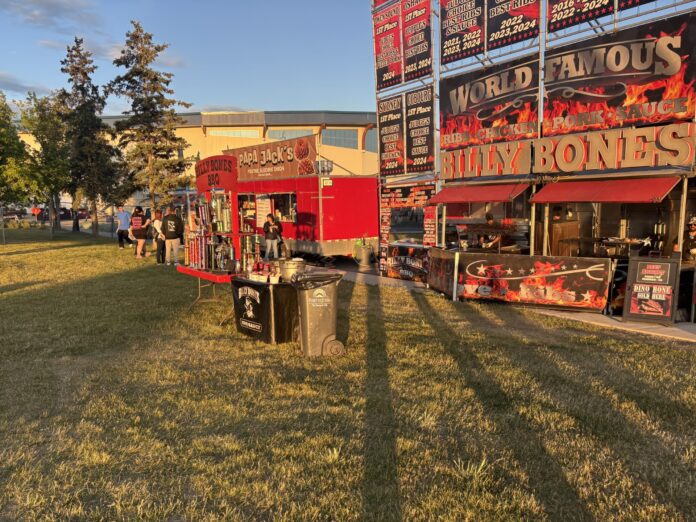Fort St John is among the many cities who, after the province’s report on safety at community events was published, reexamined their event planning protocol.
On July 9, the B.C. government issued its safety report on public events after a commission of inquiry was called in response to the Lapu-Lapu Day tragedy in Vancouver. Questionnaires were sent to various municipalities in B.C., including Dawson Creek.
The report found most public events in the province are secure and identified a goal of achieving “reasonably safe” events – which they define as acknowledging unpredictable, but possible, risks and planning in advance.
Six recommendations were made by the province, including establishing comprehensive risk assessments for cities, increasing access to emergency services and security personnel, and reflecting on how safety can be bettered after each event.
Heidi Avanthay, the program and services manager at the City of Fort St John, said the city already follows some of this advice. Anybody who wants to host an event in the city that will affect municipal property must apply to the city’s recreation department with a basic safety plan.
“Our allocation clerks, they look over the application, determine a bit of a risk assessment, and figure out what else needs to be looked into,” said Avanthay, explaining Fort St John’s event planning procedure.
From there, the recreation department will alert other relevant departments and stakeholders of the event – including bylaw and the local Mounties for larger events.
“When there’s a larger event that’s open to the public, where you’re expecting large numbers, that’s when you need a safety plan, for sure,” she said.
“When the city does our corporate events like High on Ice and Canada Day, we definitely have (a) contracted safety person who would be on site during the duration of the event.”
For large private events, Avanthay said organizers typically hire a safety person, but sometimes a resident will volunteer for the role.
The recreation department “is always learning and growing.” The team debriefs post-event and identifies ideas for the future, safety-related and otherwise, she said. They do not have any specific safety issues in mind when planning events, though seasonal concerns are expected, but ultimately, Avanthay encouraged residents to attend events.
“It’s just good for us to see the community come out and come together. A lot of the time events can be fundraisers, which are great things for our nonprofits in the area – I just don’t see any downside,” she said.
The province agreed with Avanthay’s takeaway that events, generally, are a net positive for the community they are in as they strengthen social connections and stimulate economic activity.






